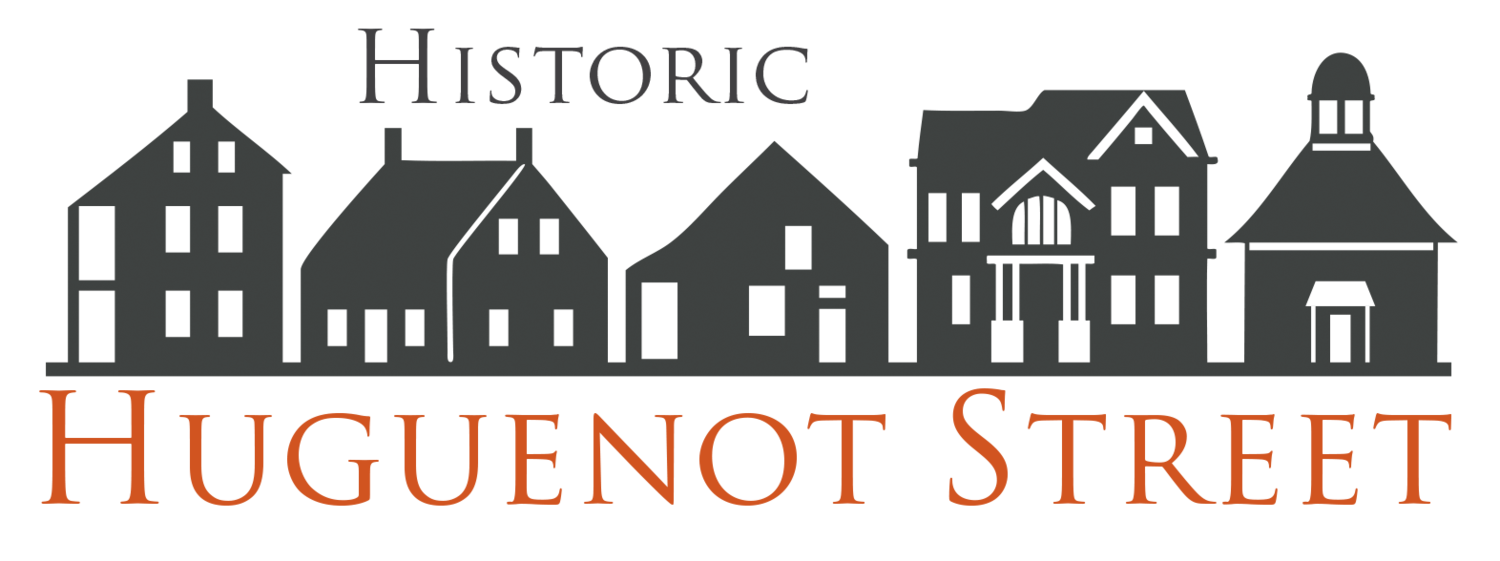Collection context
Summary
- Creator:
- Lewis Coe Bevier
- Abstract:
- Letters from Union Civil War soldier Lewis Coe Bevier to his family in New Paltz Landing (now the village of Highland, Ulster County, New York while with the 120th Volunteer Regiment, Company G of the Union Army, which was stationed at various southern locations such as Washington D.C. and Alexandria, Virginia. Topics include news of battles, illnesses and deaths of prominent officers and other soldiers from New Paltz area, hospital and camp conditions.
- Extent:
- .2 cubic foot and 85 items
- Language:
- English
Background
- Scope and Content:
The large majority of the collection consists of letters written by Lewis Coe Bevier to his family in New Paltz Landing (Highland), Ulster County, New York from various locations near Washington D.C. during the Civil War. Topics include news of battles, illnesses, wounds, and deaths of officers and soldiers from the New Paltz area, and hospital and camp conditions. A few of these letters have been transcribed in The Historian: The Newsletter of the Bevier-Elting Family Association, an Affiliated Family of the Huguenot Historical Society (Mar. 15, 1998).
The letters begin in August 1862, with Lewis writing to his parents that he is enlisted in Company G of the 120th Regiment of New York State Volunteers and is traveling to Washington D.C., describing his brief stops in New York, Philadelphia, and Baltimore along the way. Accompanying him are several friends, also from Lloyd, Charles DuBois, Charles Johnson, Lewis M. Dillon, and Clark Palmiteer. Throughout the entire course of the correspondence, Lewis frequently writes to his parents about the condition of his various friends either serving with him or who have remained at home. Other names mentioned include Silas Van Wagenen, Charles Bleecker, Silas Deyo, James Terwilliger, Charles DuBois, Ira DuBois, Ben Johnson, Alfred Goitichs (Goetschius), Haleckiah (also spelled Aleckiah, or just Aleck) Deyo, Josiah DuBois, Benjamin Day Cook, Jerome Relyea, Joseph Reynolds, James A. Hyde, John Eyett, Henry Johnson, John Brinkerhoff, Edward Wilcox, and Isaac (surname unidentified).
For of his service, Lewis worked chiefly as a cook and assistant in several camp hospitals around Washington D.C. Some of these specific camps were Fitzhue Plantation, Potomac Creek, Windmill Point, Fairfax, Petersburg, and Brandy Station. While working at these duties, Lewis often wrote of his comfortable lodgings, food rations, and his efforts to send payments back home. In addition to working as a cook, he also occasionally writes of working as a mail boy and commissary, and at building forts, cutting trees, street, digging trenches, standing guard, and drilling. Lewis also describes hospital conditions, news from battles (including the Battle of Fredericksburg), the death of General Stonewall Jackson, burning an abandoned rebel camp, occasional prayer meetings and sermons, and soldiers injuring themselves in attempts be granted discharges.
In 1864, Lewis increasingly writes of being assigned to picket duty and fighting in battles, which he describes in some detail. Of particular interest are references to exchanging coffee, tobacco and soap with the rebels across the picket lines, a bloodless capture of an entire rebel picket line, the 1864 Presidential Election, Lincoln’s assassination, playing pranks on officers, and black troops serving on the front lines. The language used by Lewis is also of interest in that it is particularly colorful and full of slang and popular phrases from the time, such as “first rate,” “bully,” “like fun,” and “Old Jeff” (in reference to Jefferson Davis). For example, Lewis writes on August 7, 1864 that he “received those suspenders and they came first rate for I had only one suspender and I could not keep my pants up.” In another instances, he writes of having “just bully times,” and “it rained like fun but I stood it like a major.”
In addition to letters written by Lewis, the collection contains five very descriptive and observant letters written by regimental physician John N. Miller, originally from Highland. Written to Lewis’ parents, these letters describe in detail numerous several aspects of Miller’s work and experiences. Of particular interest are letters describing news of local men serving in the 120th regiment, Miller’s role as a surgeon at the Battle of Gettysburg (Aug. 17, 1863), his observances of a Southern village near Culpepper (Virginia), particularly noting the slave buildings and the behavior of the women (Sept. 27, 1863), the grueling work and unhealthy living conditions imposed on the soldiers during the Winter campaign at Fredericksburg (Jan. 19 and Dec. 29, 1864), and concerns about losing his medical practice to competitors back home while he is serving in the war.
The collection also contains invitations concerning occasional Veteran’s reunion events from 1897 to 1922 and a photographic postcard showing Lewis Coe Bevier with the rest of the surviving members of his company in 1913.
- Biographical / Historical:
Lewis Coe Bevier (F-349) was born on August 1, 1844 to Benjamin H. Bevier and Sallie A. Ellmore. He served in the Civil War in 120th Volunteer Regiment, Company G of the Union Army from 1862-1865. On June 3, 1869 Bevier married Mary Tompkins (b. 1849). He was later elected Town Clerk in the town of Lloyd in 1873. Bevier was listed as living in Brooklyn, New York in the 1880 Census, and received mail in Poughkeepsie as late as 1922.
Indexed Terms
- Subjects:
- Civil War
- Names:
- Bevier Family
Louis Coe Bevier
Access
- RESTRICTIONS:
-
Unrestricted
- TERMS OF ACCESS:
-
User is responsible for copyright permissions. Please contact the library and archives at library@huguenotstreet.org
- LOCATION OF THIS COLLECTION:
- CONTACT:
-
(845) 255-1889info@huguenotstreet.org

